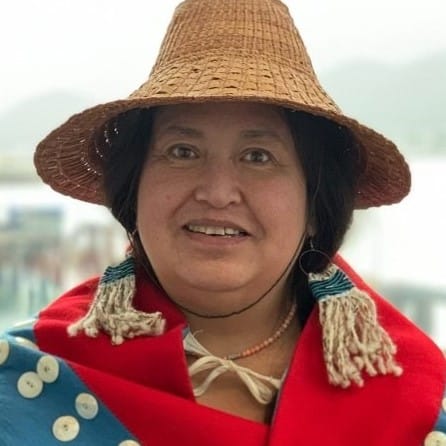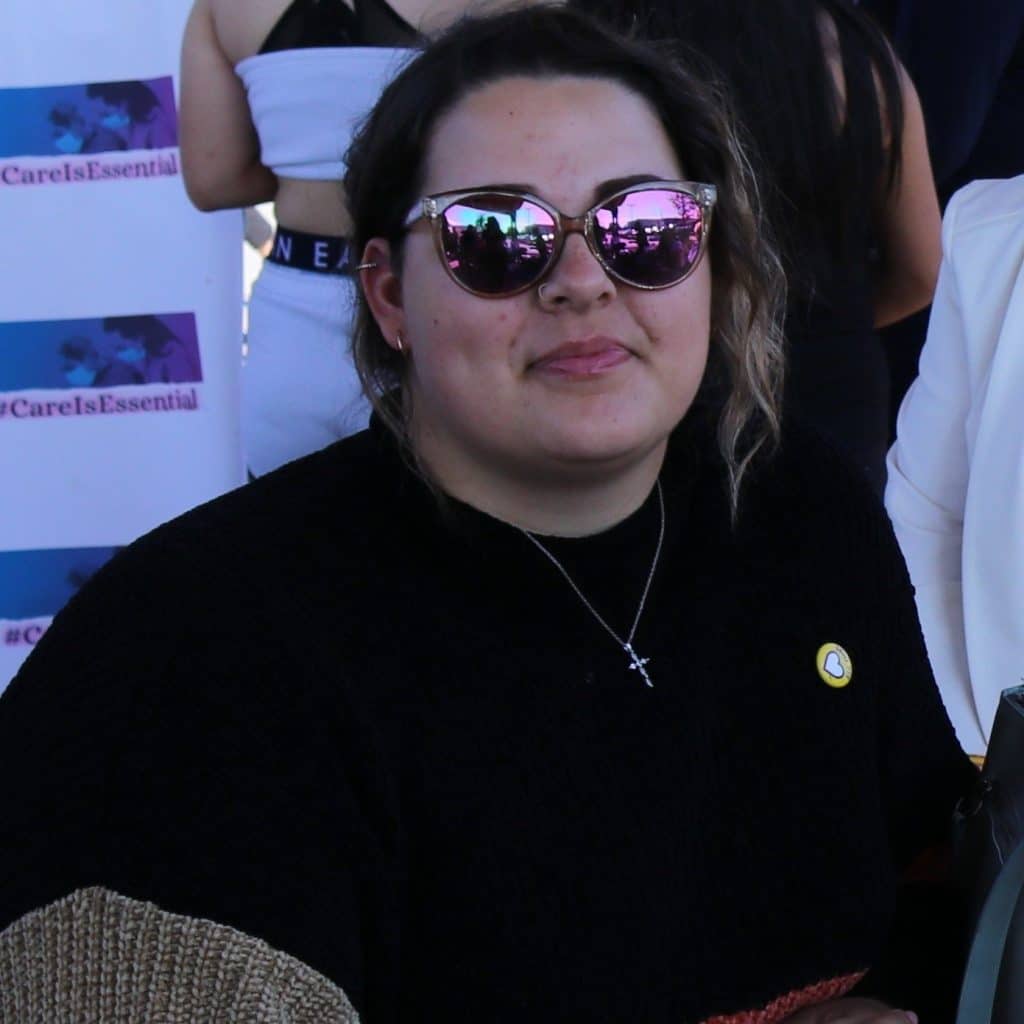In the current care system, the most vulnerable Alaskans do not have the access to care they need, and at the same time, caregivers are leaving the field because they cannot make a living.
Wages for home caregivers in Alaska have gone down and were lower in 2021 than they were a decade before. Alaska also has the fastest-growing senior population per capita in the United States, but budget cuts have resulted in reduced service levels for people in need of care.
Alaska’s care system needs better and more sustainable funding to ensure caregiving jobs are good jobs and that clients can recruit and retain the caregiver of their choice.
SEIU 775 is working to make the care system in Alaska better for everyone: caregivers, our clients, and our communities.
Investing in Care
In the 2022 legislative session, caregivers helped win $32 million in the Alaska state budget to fund pay increases for caregivers!
In the 2023 legislative session, we supported taking a step toward making the care system better for all Alaskans by passing legislation that will permanently allow legally responsible individuals to become paid caregivers. This will reduce the barriers currently in place between family caregivers becoming paid caregivers.
We need a care system with good-paying, family sustaining jobs so the tens of thousands of Alaskans providing unpaid care for friends and family can be trained and paid for their care.

“Through hard work and sharing our stories with legislators, caregivers in Alaska won a 10% rate increase ($32 million) in 2022 to fund pay increases!
This is our first step forward in getting the recognition we deserve as essential healthcare workers in a state that has the fastest-growing senior population per capita in the country.”
Leonilei J., Juneau
The Care System in Alaska
Alaska has the fastest-growing senior population per capita in the United States, and one of the highest increases of people aged 65 and older with Alzheimer’s or other dementias. But Alaskans across the state do not have access to quality, affordable, and well-trained home- and community-based care.
Over the last decade, pay for caregivers has gone down, and hours have been cut. These budget cuts also put enormous pressure on the 85,000 Alaskans who provide unpaid care to friends and family members.
The lack of home care especially impacts rural Alaska, where home care is one of the only options. Without home care, many Alaskans are forced to move hundreds of miles away, leaving behind culture, family, and community. These Alaskans are being denied the option to maintain dignity and independence in their lifelong homes.
Today, people with disabilities in Alaska must wait, on average, four and a half years to access services, and many living in rural and remote areas do not have access to these services at all. We need a care system with no waitlists, so everyone can receive the care they need, when they need it.

“Up until recently, I only had one client. She’s paraplegic and requires a very high level of care. But there was no one to relieve me at the end of my shift. The company I was working for lowered our pay, and a lot of caregivers quit. The caregivers who stayed were working constantly and couldn’t take new clients.
I just couldn’t leave my client alone, knowing she’d be helpless. So, I ended up working seven days a week. But I didn’t get paid for working seven days a week. The company said I was volunteering my time. I wasn’t volunteering. I was working. This is what it’s like for PCAs all over Alaska. We are very ready for change.”
Meghan D., Homer
Follow the latest
- To follow our work in Alaska, visit facebook.com/alaskacaregiversunited
- Are you a caregiver in Alaska? Ask questions, meet caregivers, and get involved in our Facebook group.
